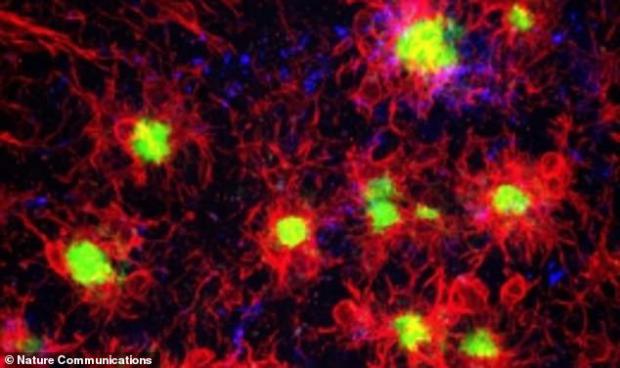
Breaking News
 Sunday FULL SHOW: Newly Released & Verified Epstein Files Confirm Globalists Engaged...
Sunday FULL SHOW: Newly Released & Verified Epstein Files Confirm Globalists Engaged...
 Fans Bash Bad Bunny's 'Boring' Super Bowl Halftime Show, Slam Spanish Language Performan
Fans Bash Bad Bunny's 'Boring' Super Bowl Halftime Show, Slam Spanish Language Performan
 Trump Admin Refuses To Comply With Immigration Court Order
Trump Admin Refuses To Comply With Immigration Court Order
 U.S. Government Takes Control of $400M in Bitcoin, Assets Tied to Helix Mixer
U.S. Government Takes Control of $400M in Bitcoin, Assets Tied to Helix Mixer
Top Tech News
 SpaceX Authorized to Increase High Speed Internet Download Speeds 5X Through 2026
SpaceX Authorized to Increase High Speed Internet Download Speeds 5X Through 2026
 Space AI is the Key to the Technological Singularity
Space AI is the Key to the Technological Singularity
 Velocitor X-1 eVTOL could be beating the traffic in just a year
Velocitor X-1 eVTOL could be beating the traffic in just a year
 Starlink smasher? China claims world's best high-powered microwave weapon
Starlink smasher? China claims world's best high-powered microwave weapon
 Wood scraps turn 'useless' desert sand into concrete
Wood scraps turn 'useless' desert sand into concrete
 Let's Do a Detailed Review of Zorin -- Is This Good for Ex-Windows Users?
Let's Do a Detailed Review of Zorin -- Is This Good for Ex-Windows Users?
 The World's First Sodium-Ion Battery EV Is A Winter Range Monster
The World's First Sodium-Ion Battery EV Is A Winter Range Monster
 China's CATL 5C Battery Breakthrough will Make Most Combustion Engine Vehicles OBSOLETE
China's CATL 5C Battery Breakthrough will Make Most Combustion Engine Vehicles OBSOLETE
 Study Shows Vaporizing E-Waste Makes it Easy to Recover Precious Metals at 13-Times Lower Costs
Study Shows Vaporizing E-Waste Makes it Easy to Recover Precious Metals at 13-Times Lower Costs
Alzheimer's hope as scientists find a way to stop the build-up of plaques in the brain that are.

Scientists claim to have discovered a way to stop the build-up of a toxic protein in the brain that is considered to be a tell-tale sign of Alzheimer's.
Amyloid β protein has repeatedly been found to clog the brains of patients with the memory-robbing disorder, poisoning and killing crucial cells.
Researchers removed immune cells called microglia from the brains of mice with signs of Alzheimer's – studies have shown the cells 'turn on' genes for the disease.
Once the microglia were removed, the mice did not develop the hallmark amyloid β plaques. The team described the results of their study as 'striking'.
The researchers at the University of California, Irvine, hope their study will lead to new treatments that 'affect microglia in targeted ways'.
Dementia affects 850,000 people in the UK, of which 62 per cent have Alzheimer's, the most common form of the disease, according to the Alzheimer's Society.

 Smart dust technology...
Smart dust technology...

